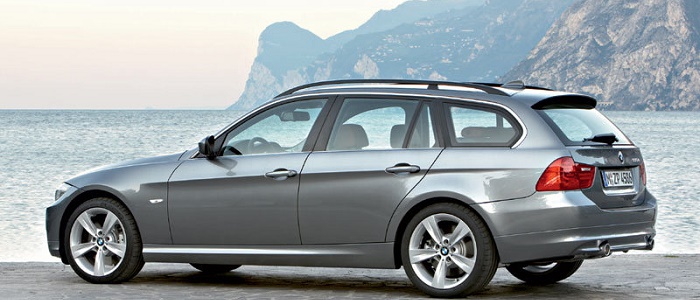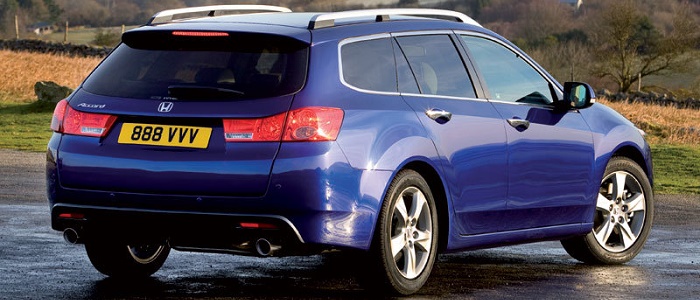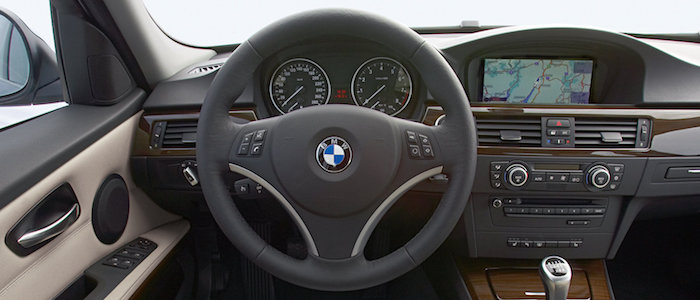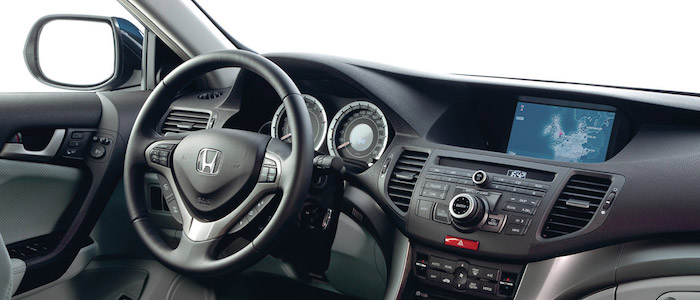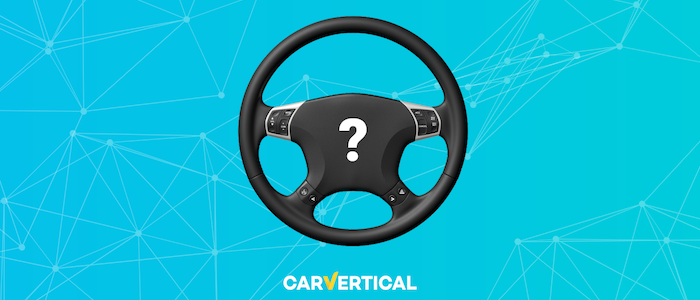Compare two cars
Compare any two cars and get our Virtual Adviser™ opinion
Dimensons & Outlines
Check vehicle history
Engine
Performance (manual gearbox)
Performance (automatic gearbox)
Expenses
Virtual Adviser's™ opinion
Two significantly similar cars, no doubt about that. Still, each one has something different to offer. Having both cars powered by diesel engines and utilizing the 5-door wagon body style within the same 'Large family car' segment, the only major difference here really is their wheel drive configuration (rear for the BMW and front in the case of the Honda). The first one has a BMW-engineered powertrain under the hood, a 6-cylinder, 24-valves 245hp unit, while the other one gets its power and torque from a 4-cylinder, 16-valves 150hp engine designed by Honda.
SafetyA starting point here would be to take a look at the results from European New Car Assessment Programme (Euro NCAP) tests which were performed on both of the cars, with the same number of safety stars gained in the process. Still, apart from the official crash test results there are other things we need to be aware of. Both vehicles belong to the large family car segment, which is generally a good thing safety-wise, but it doesn't do much to help us decide between the two. Furthermore, if we'd like to consider vehicle mass in this context too, which we definitely should, the German car offers a marginal difference of 3% more metal.
ReliabilityReliability is not the best thing to consider on the make level, but it is worth mentioning that Honda is significantly less fault-prone, all the models observed together. These are the results of an independent reasearch, while our visitors describe reliability of BMW with an average rating of 4.1, and models under the Honda badge with 4.7 out of 5. The same official information place 3 Series as average reliability-wise, and Accord is more or less at the same level.That apart, owners of different cars powered by the same engine as the German car rank it on average as 4.3, while the one under the competitor's bonnet gets 4.9 out of 5.
Performance & Fuel economyBMW is way more agile, reaching 100km/h in 3.8 seconds less than its competitor. In addition to that it accelerates all the way to 250 kilometers per hour, 43km/h more than the other car. When it comes to fuel economy things look pretty much the same for both cars, averaging around 5.9 liters of fuel per 100 kilometers (48 mpg), in combined cycle.
Verdict
Honda is apparently more reliable, not too much, but just enough. The most important thing when deciding between any two vehicles should always be safety, both passive and active. In my opinion, everything taken into account, the German car offers slightly better overall protection and takes the lead. It all continues in the same direction, with BMW outracing its opponent in any situation possible, making it better choice for boy racers. It does come at a cost though, and that's the fuel consumption... It's not difficult to say then that if I'd need to make a choice, it would definitely be the BMW. Nevertheless, let's not forget that people have different preferences and needs, so what really counts is your personal feel. I'm only here to help. I suggest you spend two more minutes in order to find out which car, based on your needs and budget, would be picked by the virtual adviser™, among more than 12.000 different ones in our database.
Related articles
When it comes to buying a used car it is usually a tricky process. Many drivers look for the best compromise. The ideal car is both affordable and as new as possible. The general state of the car is often described by mileage. But this is often forgotten or just overlooked...
A vehicle that breaks down often makes for a frustrated owner. Lateness, embarrassment, and repair costs can turn your life into a nightmare. Reliability constitutes a quality you should seek in a used car. So, what are the most reliable car brands?






















